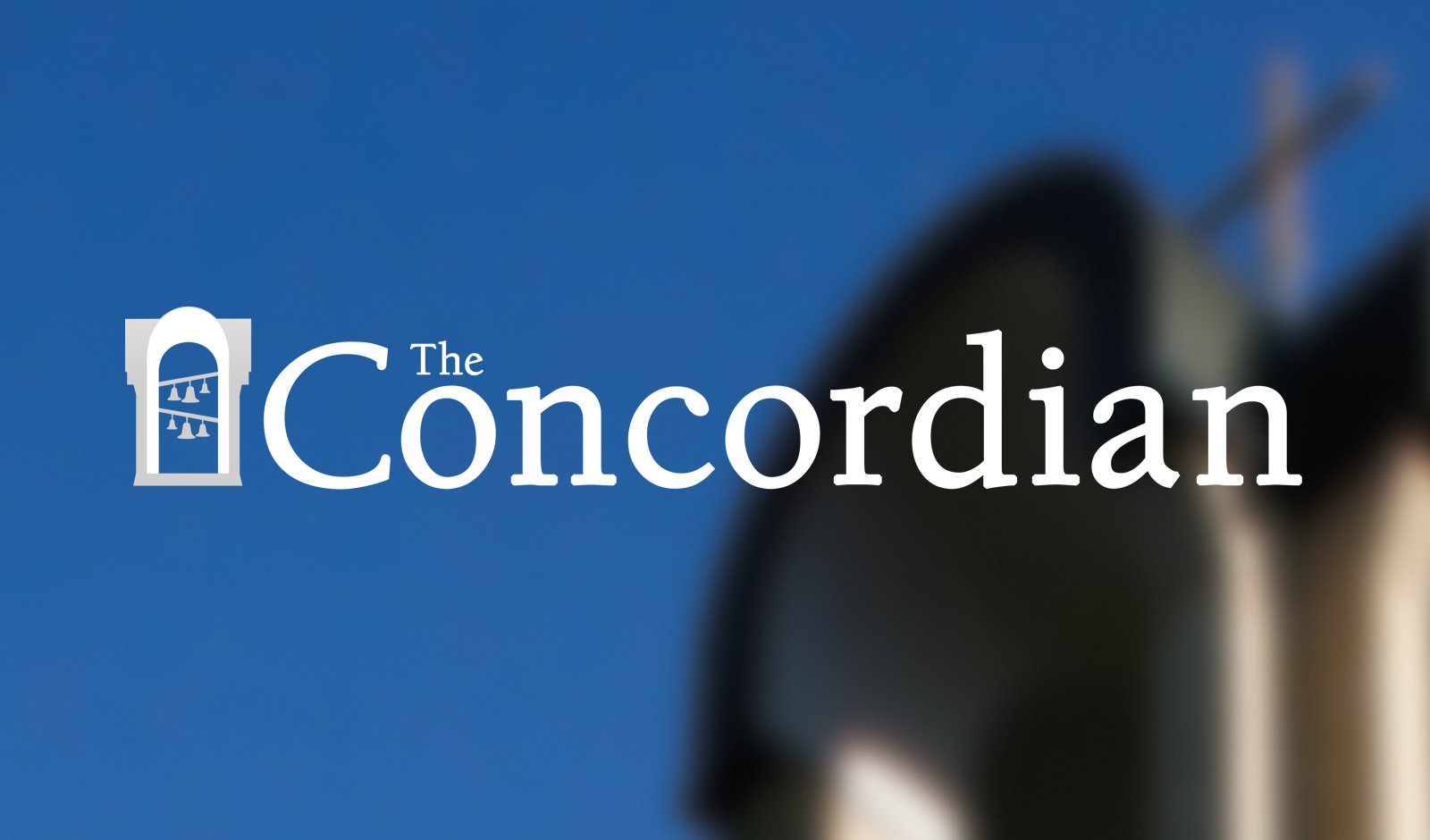The pros and cons of an academic calendar change
Concordia College could be one of the first colleges in the nation to implement a new type of academic calendar.
Eric Eliason, dean of the college and vice president of academic affairs, has written a proposal to change the current “4-4” academic calendar to a “1-3-3-1” type.
Currently, students take four classes for four months before and after winter break. With the new change, students would take one class for one month and then three classes for three months. After winter break, the schedule would mirror itself.
The first step is to give the proposal to the Faculty Executive Committee to look over. Eliason will be submitting it on March 21.
If the proposal passes, the goal is to begin the fall of 2015 with the new schedule.
While the proposal is new, talks of doing something different are not.
Eliason said there were discussions about changes that could strengthen Concordia before he came to the school. The ideas focused on what the school could do differently to allow for more opportunities than are currently available.
This led to the idea to change the academic calendar.
There are many advantages to this type of change. In the “ones,” students could do full-time internships, work on research or have in-depth independent studies. Students could travel abroad without having to cover the additional tuition costs that come with a May semester.
Jonathan Steinwand, chair of the English department, said he was excited about the innovation that could come with this change.
“(There are) opportunities to do something different with the one month term,” he said.
The proposal is not without concerns, though.
Some aspects of the Concordia experience may have to be adjusted with this plan.
Co-curricular activities such as athletics, choir, student government, theatre or other fine arts are important to students, Eliason said. He said that new calendar would have to continue to allow those things.
Students have voiced their concerns about logistics since the idea was proposed. Many fear that double majors or student teaching would be greatly affected by the change.
Debra Grosz, the director of field experience, said student teaching will not be changed simply because students need to meet state requirements. The program would just need to make a few adjustments such as reassigning credit values for the short terms.
“We will make it work,” she said.
Steinwand said that the biggest challenge is change.
“We are always thinking of the problems,” he said. “We are always bringing up what couldn’t work before we even imagine what could work.”
“We have spent so much time with the ‘4-4’ plan,” Eliason said, “that we no longer think of the limitations.”
Eliason said he has seen and heard discussions about the idea around campus. He said people are not just receiving the idea and going with it but engaging in deep conversation about it.
“The seriousness of the conversation is a sign of deep strength for Concordia,” he said.
This article is part one in a several part series. Stay tuned for more information on the 1-3-3-1 academic calendar.

